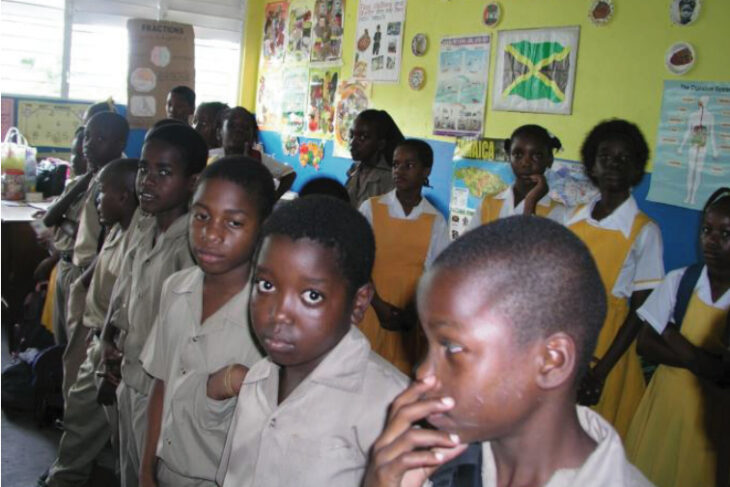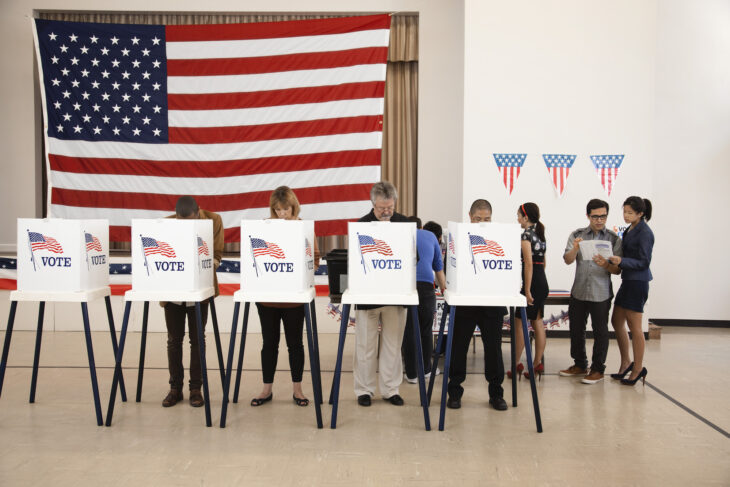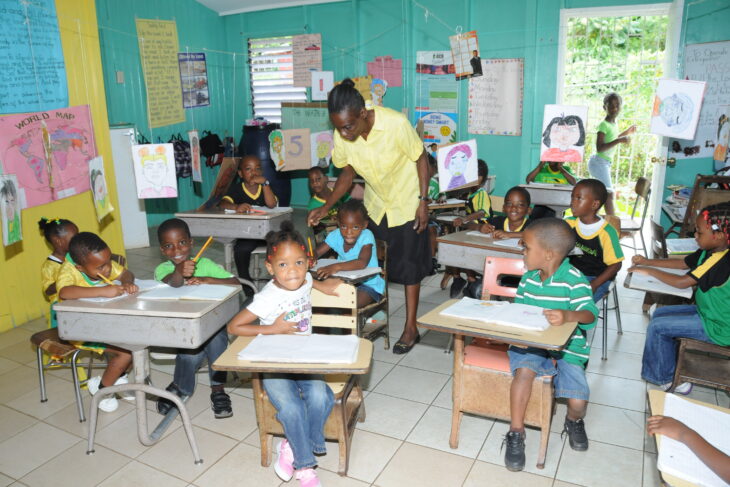
In the business world, a company conducts an annual assessment of its performance, focusing on its assets, liabilities, and shareholder equity, or net worth. It is what is called its balance sheet. Such an assessment would be useful at this point in evaluating Jamaica’s 60th year of Independence and drawing up a balance sheet to determine whether our achievements have overweighed our failures or vice-versa. Perhaps a good starting point would be to know what Independence means to us after 60 years; and does it have the same meaning today as it did back then?
The Martiniquian sociologist Frantz Fanon saw independence as a process by which the people are mobilised to throw off the yoke of “the accumulated myths into which [they] have been socialised by colonial authorities”. In the same vein, UWI scholar Louis Lindsay, nearly 50 years ago, questioned whether we had done enough to “remove the psychological scars of colonialism…”. He concluded then, that the independence experience has ‘further embedded notions of black inferiority into the value systems of the newly independent states.’ Garvey was equally strong on the importance of self-reliance and the dynamics of power in a post-Independence world for the former enslaved Africans.
In drawing up the balance sheet of independence all factors cannot, therefore, be equal. We can naturally take pride in our accomplishments, in sports, music, the many world-class men and women we have produced in almost all spheres of life — academic, medicine, law, architecture, arts – and the strides we have made in our democracy, a justice system that continues to balance the scales evenly and the freedom that the press continues to enjoy. In many respects, these are remarkable achievements, not that we are by any means satisfied, but it’s a start worth building on. The United States, for example, after more than 200 years, continues to drum in the minds of its citizens that Independence means celebrating freedom from tyranny and guaranteeing the right to life, liberty and the pursuit of happiness.
It is the social aspects of development, I submit, that would undoubtedly weigh down our achievements. That social development must make for improvements in the well-being of every individual in our society so they can reach their full potential. The success of society, and therefore of independence, is linked to the well-being of each and every citizen.
When we, therefore, set about to assess our GDP growth, we find that over the 60-year period it averages far less than is desirable. Even in the heydays of the 1960s when the inevitability of growth was assured in a newly independent society, the social indicators were troubling. Today, our per capita GDP, which links to the well-being of our citizens, stands at about US$9,975.00 and ranks us 116 out of 194 countries, according to the World Population Review of 2022. This is well below other Caribbean countries, all of whom achieved independence after us — Trinidad and Tobago, Antigua and Barbuda, Grenada, Barbados, and Dominica.
When it comes to our productivity, which is of course linked to our per capita GDP, this is an area of under-performance. According to the Jamaica Productivity Centre, “over the last two decades, Jamaica has had weak and declining levels of productivity. From 2001-2019, labour productivity, capital productivity and total factor productivity, recorded annual average declines of 0.6%, 0.2% and 0.4% respectively. In 2019, labour productivity for the Services Producing Sector was larger than for the Goods Producing Sector… “
Overall, the Global Human Development Index ranks us 101 out of 189 countries, well below several of our sister nations, including Barbados, Trinidad and Tobago, Grenada, Antigua, St. Kitts, Cuba, and Panama, and ahead of only Belize, Guyana, and Haiti in the region. In the final analysis, our education philosophy remains the vessel that provides comfort for the myths, psychological scars and embedded notions of inferiority bequeathed to us by colonialism. The unintended consequence of which is the portrayal of a post-Independence balance sheet, weighed down heavily by poor social indicators and the all too frequent anti-social behaviour normalised in our classrooms, public spaces and communities.



